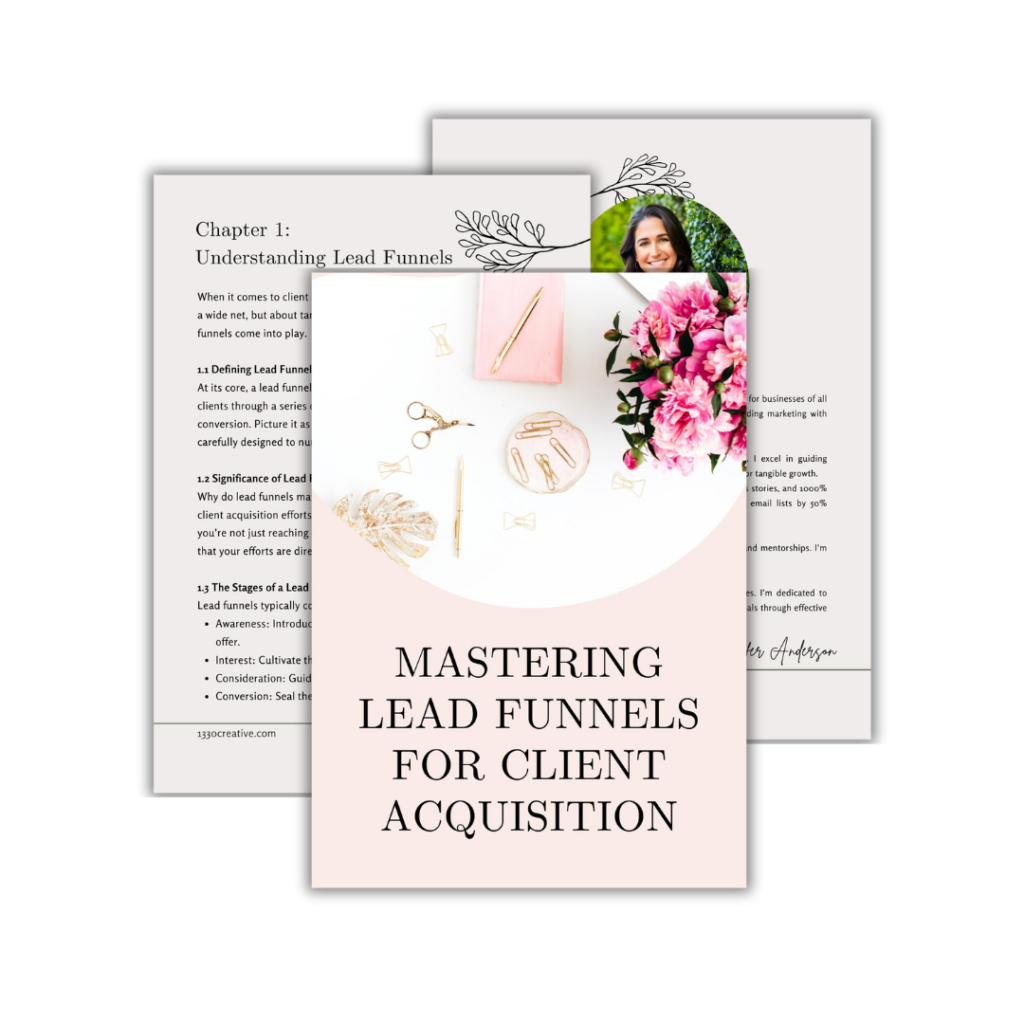SEO for Orthodontists
Comprehensive Guide to SEO for Orthodontists
having a strong online presence is crucial for any business, including orthodontic practices. Implementing effective SEO strategies can help orthodontists connect with potential patients and provide valuable information about their services. In this comprehensive guide, we will delve into the world of SEO for orthodontists, covering essential aspects like keyword research, on-page optimization, and client journey targeting.
Keyword Research:
One of the foundational steps in optimizing a website for search engines is conducting thorough keyword research. This process involves identifying relevant keywords and phrases that potential patients might use when searching for orthodontic services.
Tools like Google Keyword Planner, SEMrush, and Answer the Public can be invaluable resources for this task. Google Keyword Planner provides insights into keyword volume, competition, and related terms. SEMrush offers detailed keyword analysis, including competitor keyword research and organic search results. Answer the Public generates a list of questions related to a given keyword, providing valuable content ideas.
When conducting keyword research for orthodontic practices, consider both general terms (e.g., “orthodontist near me”) and specific queries related to services offered (e.g., “Invisalign treatment options”).

Understanding Client Journeys
It’s important to recognize that the client journey for orthodontic services can vary significantly between adults and teens.
Adults:
- Adults seeking orthodontic treatment are typically looking for solutions to improve their smile and oral health. They may be more concerned with discreet options like Invisalign or clear braces.
- Content tailored for adult clients should focus on the benefits of orthodontic treatment, the latest advancements in technology, and success stories from satisfied adult patients.
Teens:
- Teenagers and their parents are often the decision-makers when it comes to orthodontic treatment. They may be more interested in traditional braces, cost-effective options, and the duration of treatment.
- Content targeting teens and parents should emphasize the importance of early intervention, the benefits of orthodontic treatment for long-term oral health, and the positive impact on confidence and self-esteem.
On-Page Optimization
Meta Tags:
Title Tag: The title tag is one of the most important on-page SEO elements. It’s the main heading that appears in search engine results and on the browser tab when a page is open. Make sure to include the primary keyword (“SEO for Orthodontist”) and create a title that is both informative and enticing to potential visitors.
Meta Description: This is a concise summary of the page’s content that appears below the title tag in search results. It provides an opportunity to entice users to click through to your site. While it doesn’t directly impact rankings, a well-crafted meta description can significantly improve click-through rates.
Heading Structure:
Properly organizing your content with headings (H1, H2, H3, etc.) not only helps users navigate your page but also signals the structure and hierarchy of your content to search engines.
H1 Tag: This should contain the primary keyword and serve as the main heading of the page. For instance, “Comprehensive Guide to SEO for Orthodontists”.
Subheadings (H2, H3, etc.): Use subheadings to break down your content into logical sections. Each subheading should provide a clear indication of what the following content covers.
Alt Tags:
Alt tags (or alternative text) are descriptions that you can add to images on your website. They serve two main purposes: improving accessibility for visually impaired users and providing context to search engines about the content of the image.
When adding alt tags, be descriptive and include relevant keywords if applicable. For example, if you have an image of a person wearing Invisalign aligners, the alt tag could be “Person with Invisalign aligners”.
High-Quality Content:
Creating valuable, informative, and original content is paramount. Ensure that your content addresses the needs, concerns, and questions that potential patients may have about orthodontic treatment.
Aim for a balance between readability and keyword optimization. Don’t force keywords unnaturally; instead, focus on creating content that flows naturally and provides real value to readers.
URL Structure:
Ensure that your URLs are clear, concise, and reflect the content of the page. Avoid using long strings of numbers or irrelevant characters. For example, a well-structured URL for a page about Invisalign treatment options could be: yourwebsite.com/invisalign-treatment-options.
Internal Linking:
Internal links are hyperlinks that point to other pages within your website. They help users navigate your site and distribute link equity (SEO value) throughout your content. When creating internal links, use descriptive anchor text that provides context about the linked page.
By paying careful attention to these on-page optimization techniques, you’ll not only improve your website’s visibility in search results but also enhance the overall user experience, ultimately leading to higher engagement and conversions for your orthodontic practice.
>>>READ MORE ABOUT ORTHODONTIST MARKETING: Real tactics that work for bringing in new patients. <<<
What If I told you, you can get leads into your business for free?
Get Your FREE LEAD FUNNEL GUIDE Now! Unlock the secrets to crafting a powerful funnel at no cost. Discover how to seamlessly transform subscribers into devoted, purchasing clients.
Guide includes layout templates, lead magnet ideas, and email outlines, and more!


Hi, I'm Jennifer!
My mission is to make marketing work for you, not against you. I understand the frustrations and challenges that small business owners face, which is why I offer personalized solutions designed to fit your unique needs. With a background in sales & marketing, I’m here to guide you through the complexities of marketing, whether through 1:1 coaching, hands-on services, or empowering courses. Let’s embark on this journey together and unlock the full potential of your business.
